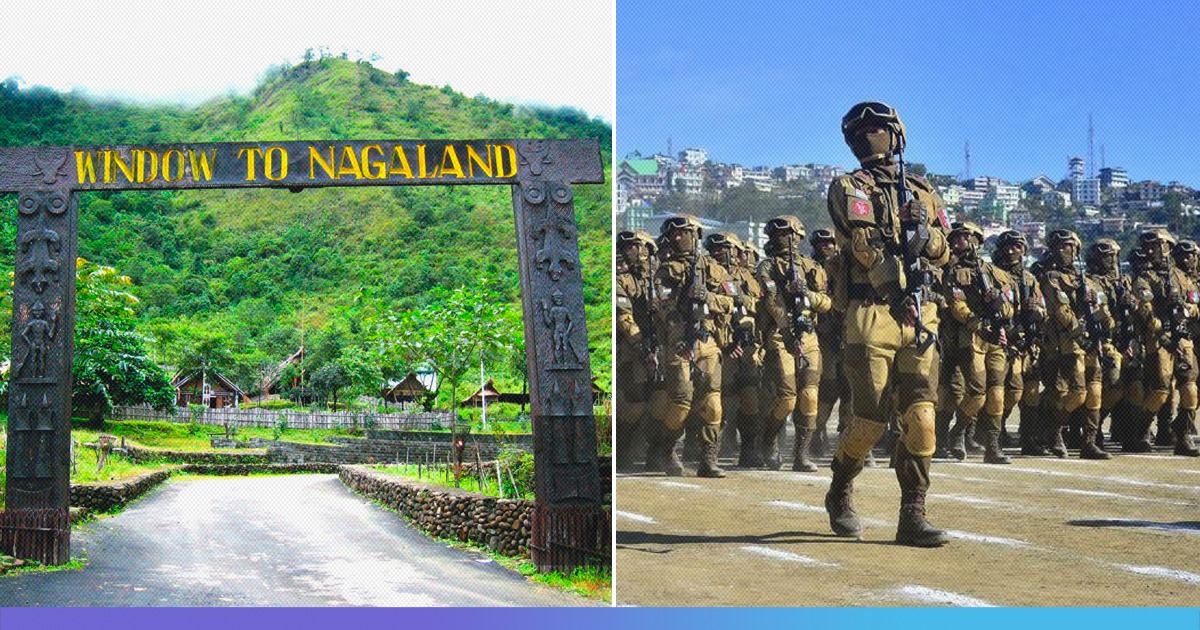On 30 December 2019, the Central Government extended the Armed Forces (Special Powers) Act in Nagaland for six months. In a notification released by the Ministry of Home Affairs (MHA) on Monday, the centre said that the whole state of Nagaland is in a disturbed and dangerous condition. “The use of armed forces in the aid of civil power is necessary”, it added.

A home ministry official stated that the decision to continue the declaration of Nagaland as a “disturbed area” has been taken after taking into consideration the killings, loots, and extortions, that has been going on in various places of the state which necessitates the operation of security forces.
Armed Forces (Special Powers) Act, AFSPA is an act of the Parliament of India that grants special powers to the Indian Armed Forces to maintain public order in “disturbed areas”. The Act gives powers to the military to search, arrest, open fire if they deem necessary against the person acting against the law and order.
AFSPA was first declared in Nagaland sixty years ago when the state rose in protest seeking more autonomy and power.
However, the severe Act has not been withdrawn despite a framework agreement that was signed on August 3, 2015, between Naga insurgent group NSCN-IM general secretary Thuingaleng Muivah and government interlocutor RN Ravi in presence of Prime Minister Narendra Modi.
The notification released by the MHA on Monday 30 December, further said, “Now, therefore, in exercise of the powers conferred by Section 3 of the Armed Forces (Special Powers) Act, 1958 (No. 28 of 1958) the central government hereby declares that whole of the said State to be a ‘disturbed area’ for a period of six months with effect from December 30, 2019, for the purpose of that Act.”
Also Read: Nagaland People Come On Streets, Demand To “Retain People’s DGP”, Start Signature Campaign,











